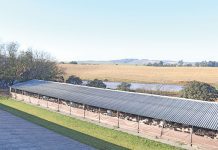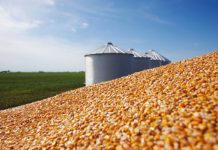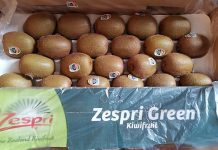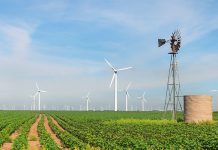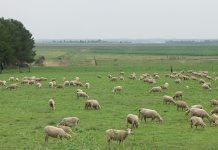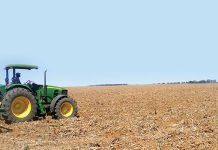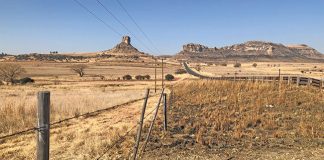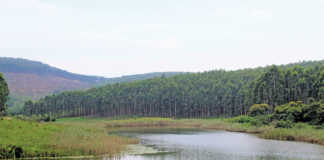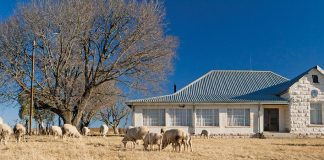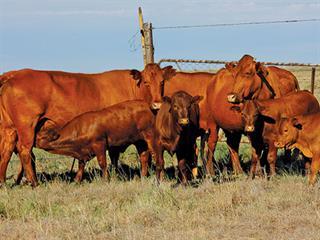
A lot can go wrong with farming – from bad weather to unexpected rises in inputs, from stock theft to machinery problems. To make matters worse, a ‘business risk’ – such as high feed prices – is usually a personal risk. In other words, The money you spend on your farm is usually your own, especially if you’re a small-scale farmer. It works the other way round too. Personal risks become operational risks. If you fall ill, for example, who will run the farm?
The need for cash
One of the best ways to protect yourself is to create liquidity through saving, says MC Loock, Standard Bank senior manager for agribusiness. In other words, the money you save through good farming practices must be saved in turn – in a bank savings scheme for example.Most farmers tend to put any surplus they have back into the farm. This is a good idea, but if you don’t divert some of your profit into a savings account, you could have problems with liquidity, or the amount of cash you have available at any one time.
“The need for cash is obvious in a farmer’s start-up phase. During this time, a farmer usually incurs considerable debt to acquire equipment or more land,” says Loock. He argues that farmers should make saving – or ‘planning for liquidity’ – an integral part of running a farm. “By having some financial assets that are not part of the farm, you’re reducing your financial risk.” There’s no single way of creating liquidity, so it’s vital to make your money work for you, notes Loock.
Saving Principles
Some basic tips to guide you to greater liquidity:
- “Try to pay off debt faster than you’re contractually obliged to. This reduces your interest burden and provides you with a reserve to fall back on if circumstances become tight,” says Loock.
- Many farmers believe they are creating liquidity through the use of productive farming assets, such as livestock. As a result, they keep their cash ‘on the land’ rather than in the bank. But an attempt to reduce debt by selling livestock may backfire if livestock prices happen to be lower than normal at the time. “There’s no certainty about livestock prices, while you’ll always know exactly what return you can expect from a fixed-term deposit,” says Loock. This involves depositing a sum of money into a bank that cannot be withdrawn for a ‘fixed term’. The longer the term, the higher the interest on the money.
- There are other ways of saving, however. It’s important to choose a savings option that provides you with the most flexible ways of making money on your money. You may even need a combination of several products. This is called an ‘investment portfolio’.
Speak to your bank or shop around for the portfolio that suits you best.

